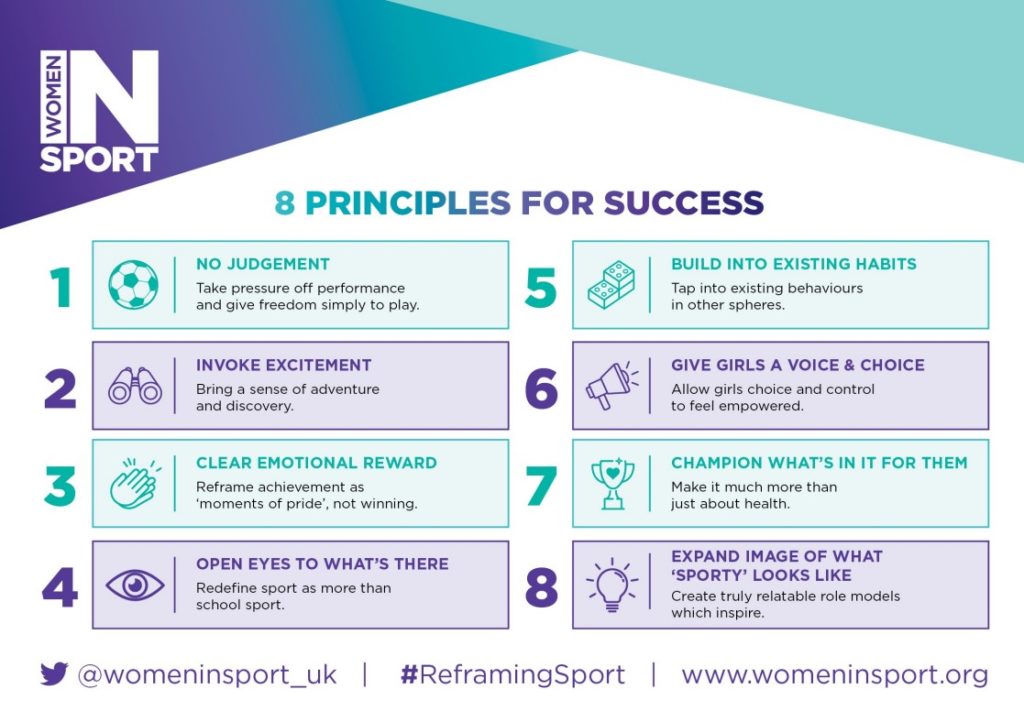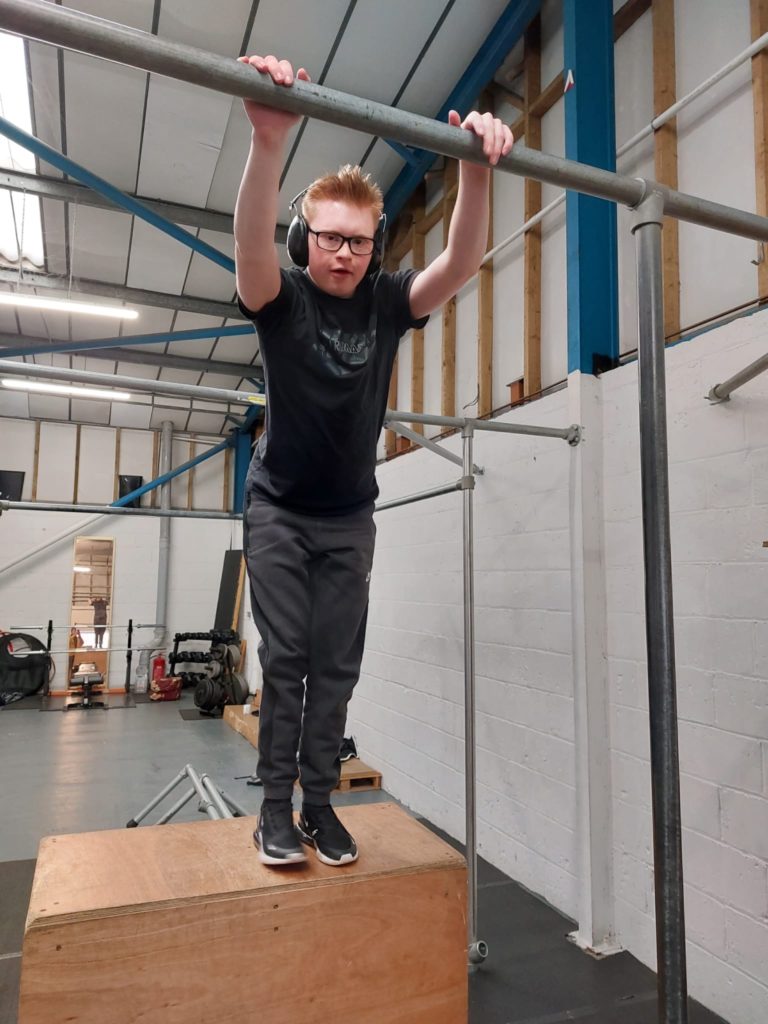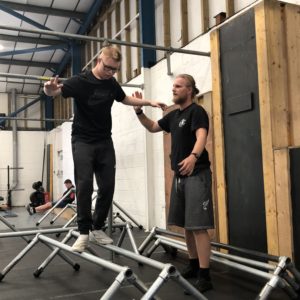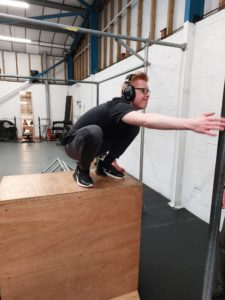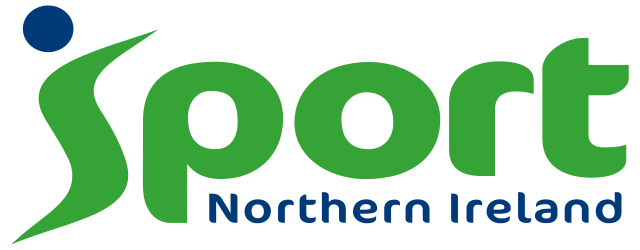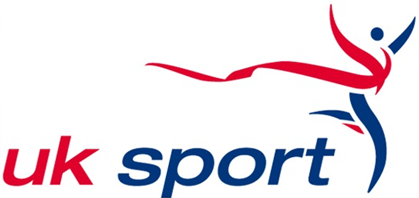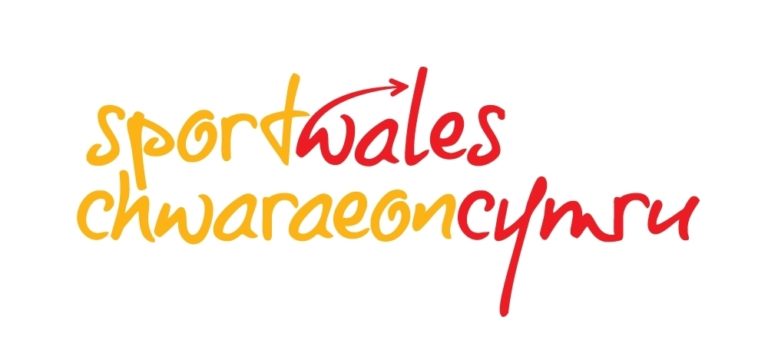Movement Card develops for the UK
Parkour UK has supported the development and completion of 3 new Movement Cards for England, Wales and Northern Ireland to aid making practitioners and the public aware of the laws regarding the use of public and private space.
The Movement Card – created by Ukemi and Parkour Outreach – aims to educate and inform all who have interactions with people moving in the public domain. The card is part resource, part research and part response – created to promote freedom of movement.
The project was part of our Development Associates programme and Hugo Knowles, Sam Strickson and Matt Hinchley played a key role in this programme. The aim of the project was to develop the movement card product based on the already existing Scotland card for the rest of UK adhering to the differing laws between the countries.
To achieve this our DAs spoke with Gordon Tsang to get an understanding of what the movement card was and why it was important to practitioners. They were also provided expertise and documentation from Alex May – of Serious Play Parkour – containing information about parkour, training outdoors and the legality of parkour in public spaces.
This led the team to share a survey with the community where they listened to views on “What the law says vs what the culture says?” and compared the lawful rights to space with the experiences that practitioners have had out while training.
The surveys gave them some valuable insight into practitioners’ experiences with the law and found that although roughly 75% of the practitioners trained either daily or weekly, almost half of practitioners didn’t know their legal rights when training in public spaces.
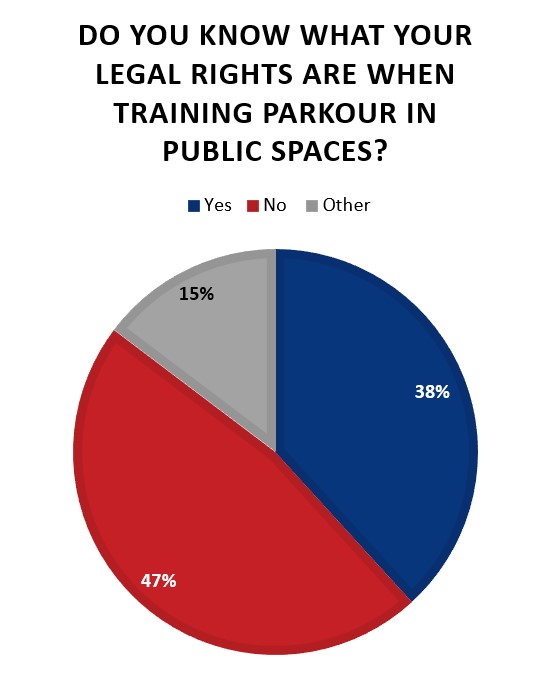
When asked about common misconceptions about parkour comments such as
“That we are a high risk / threat – will either break something or seriously hurt ourselves. It’s seen more as a pass-time for energetic kids rather than a practised discipline.”
and
”They think parkour is just jumping off things without any real training. That it’s just random children playing on walls. They could see it as antisocial, although, this is more to do with the person. People that own companies or do sports see it as positive”
emerged.
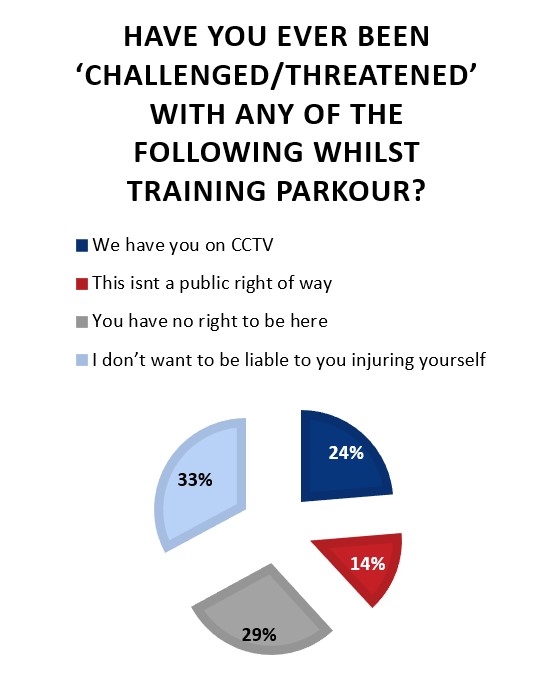
When asked ‘What do you wish security / police / property owners knew about Parkour?‘ One practitioner replied:
“That the last thing we want to do is damage something and that we just want to train. It would also be nice if they realised that when we train in these spaces, it often discourages other antisocial behaviour, drugs and alcohol.“
Practitioners talked about being challenged for various reasons which while on the surface seem valid, are actually in contrast to the law or fail to identify a realistic reason that spaces cannot be used for the practice of Parkour.
The research from the survey highlighted commonly known issues and reinforced the good work already carried out by Ukemi and Parkour Outreach which led to the creation of the original Scottish Movement Card. This mean that the work to adapt the card for the other UK nations could be carried out but still create a consistent message and aesthetic for the cards.
The information on the law that Alex provided helped to form the England, Wales and Northern Ireland adjustments while keeping consistent with the overall principle and messaging in regards to educating movers about their rights to space.
In April the new cards digital assets were published at Movement Card – Right to the City (mvmnt-card.com) and physical cards will available to print.
Parkour UK intends to print the movement cards in future to be included with memberships and to reach the UK community in a number of ways over the coming year.
We would like to thank Hugo, Sam and Matt for keeping the project moving forwards. We are also grateful to Alex May for his expertise in regards to the law and his contributions allowed us to develop the cards with confidence. Thanks to David Banks from Ukemi and Gordon Tsang from Parkour Outreach for their support, guidance and feedback they given to the project.
Whats next for the Movement Card?
“We want to create a global database for the Movement Card to empower practitioners with knowledge about their rights to move in the public domain. This will allow us to draw comparisons between countries and understand the best examples of freedom to move so that we can advocate greater rights for all” said Gordon Tsang.
If you are interested in developing a Movement Card for your country – please contact the Movement Card team at hello@mvmnt-card.com

